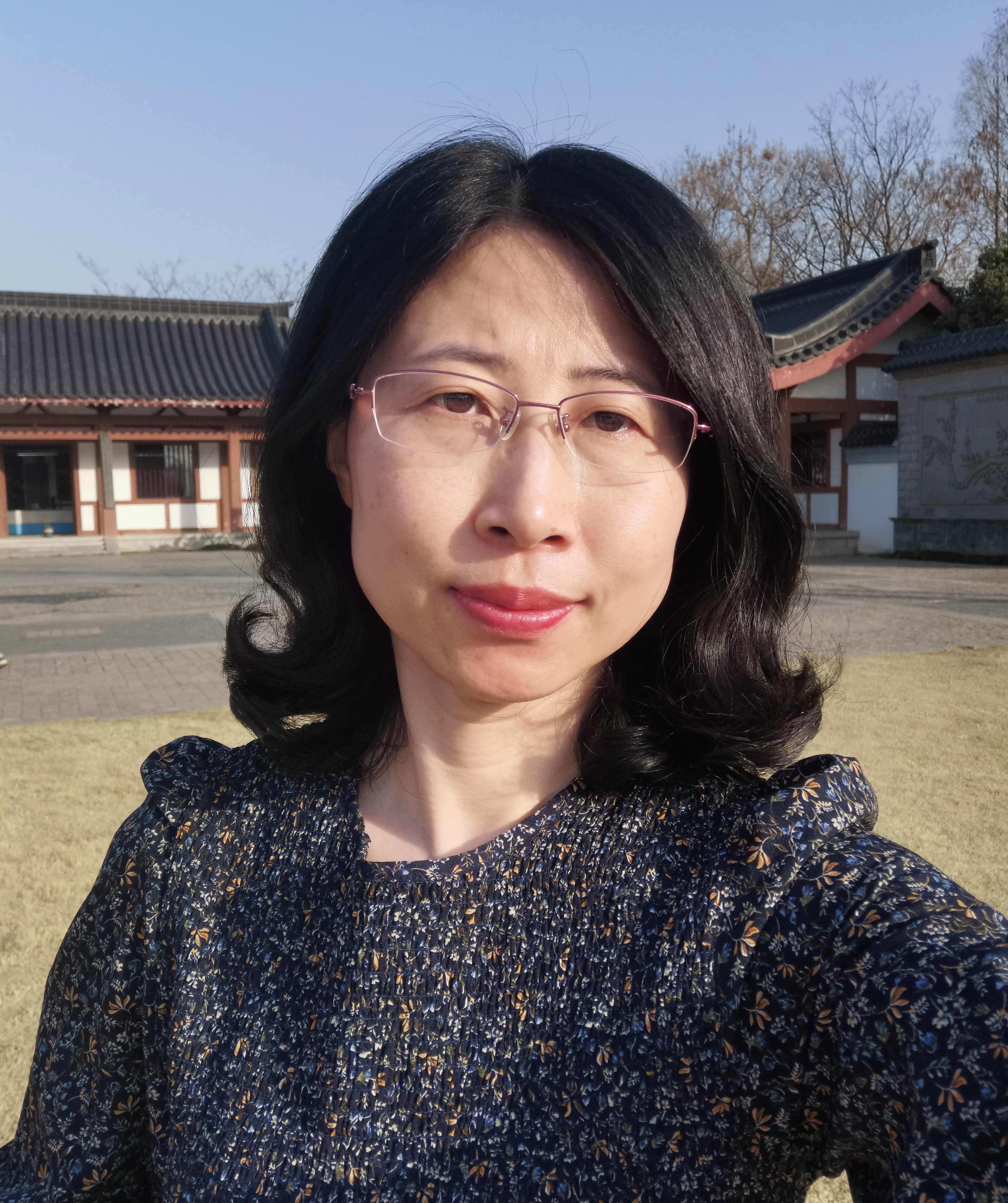
Lecturer of nutrition and food hygiene, School of Public Health,Nanjing Medical University
Member of China Nutrition Society
Member of a council, Nanjing Nutrition Society
Member of the standing committee, Professional committee on health standards of preventive medicine association in Jiangsu
胡春艳,医学博士
Chunyan Hu, MD
Research Interest
Estrogenic properties and mechanism of phytochemicals
Chemoprevention of breast cancer by phytochemicals
Education
Nanjing Railway Medical College, Preventive Medicine, B.S. (1994.9-1999.7)
Southeast University, Occupational Medicine and Environment Health, M.S. (1999.9-2002.7)
Nanjing Medical University, Nutrition and Food Hygiene, M.D. (2011.9-2019.7)
Honors and Awards:
2021 National University Micro-Teaching Competition (Second Class)
2021 Excellent Instructor of Medical Technical Skills Training of Nanjing Medical University
Ongoing Research Projects
l PI, Role of EZH2 in endocrine resistance mediated by specific phytoestrogens in ERα-positive breast cancer. NSFC, 81573183
l PI,Estrogen effect and inhibitory mechanism of glabridin on hormone dependent breast cancer. NSFC, 30901186
Selected Papers
1 Hu Chunyan, Liu Yun, Teng Mengying, Jiao Kailin, Zhen Jing, Wu Maoxuan, Li Zhong. Resveratrol inhibits the proliferation of estrogen receptor-positive breast cancer cells by suppressing EZH2 through the modulation of ERK1/2 signaling. cell biology and toxicology. 2019, accepted, proof.
2 Liu Huaqing, , Hu Chunyan, Wu Xuesen, Li Zhong. Equol elicits estrogenic activities via PI3K akt pathway in the estrogen receptor-positive MCF-7 cells. Mol Cell Toixicol, 2014,10: 285-291.
3 Hu Chunyan, Liu Huaqing, Du Juan, Mo Baoqing, Qi Hong, Wang Xinru, Li Zhong. Estrogenic activities of extracts of Chinese licorice (Glycyrrhiza uralensis) root in MCF-7 breast cancer cells. J Steroid Biochem Mol Biol , 2009, 113, 209-216

